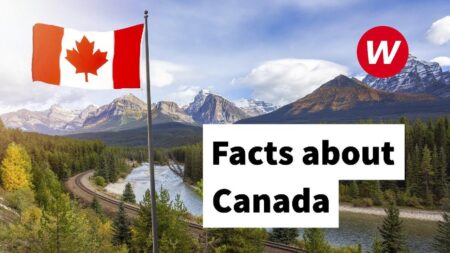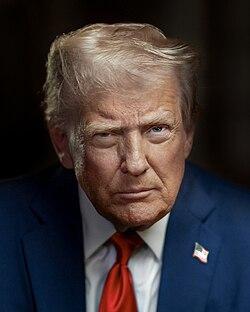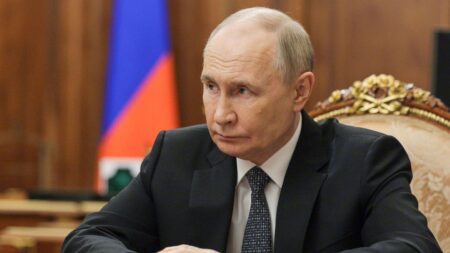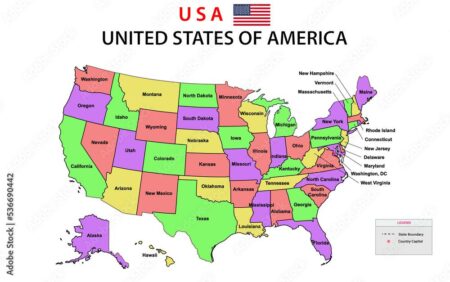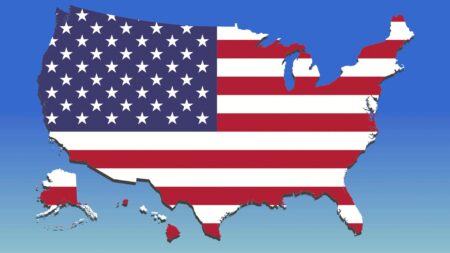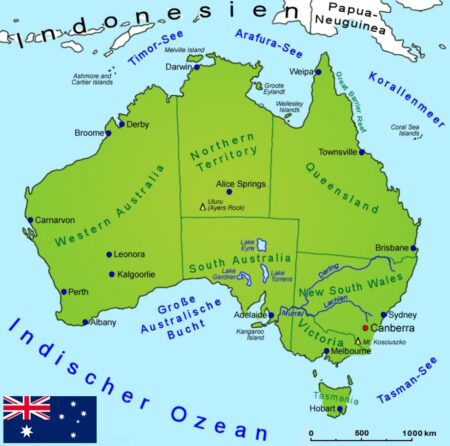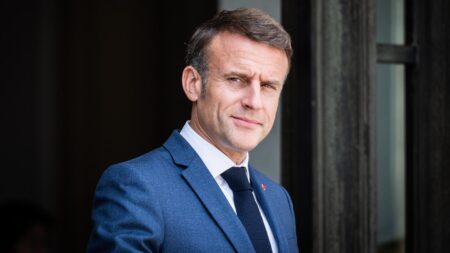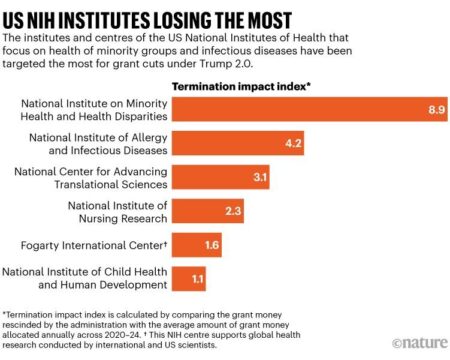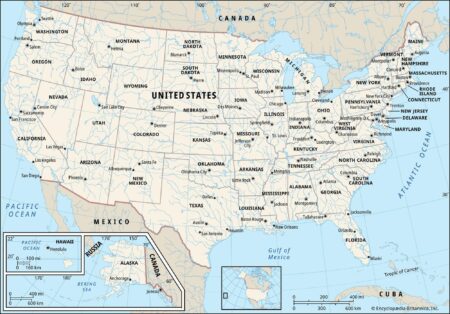An Indian-origin man was arrested in the US after allegedly choking a fellow passenger during a heated mid-flight confrontation. The intense incident prompted flight crew to intervene, and authorities swiftly took him into custody once the plane touched down, NDTV reports
Browsing: United States
China is rapidly closing the gap with the U.S. in artificial intelligence, leveraging vast data resources and powerful government support to challenge America’s decades-long dominance in the global AI race, according to the WSJ
Japan proudly joins Thailand, France, the US, South Korea, the UK, Italy, Singapore, China, and the UAE in the thrilling 2025 tourism rankings. Taking center stage are Osaka, Paris, and New York-dazzling as the globe’s hottest travel hotspots!
The United States, United Kingdom, Singapore, and Japan are leading the thrilling rise of bleisure travel, where business trips effortlessly blend with unforgettable leisure escapes. This exciting trend highlights a new era in work-travel dynamics and a growing appetite for richer, more rewarding experiences
Canada has officially rolled back its digital services tax aimed at US tech giants, marking a bold move to ease mounting trade tensions. Former President Trump fiercely opposed the tax, claiming it unfairly singled out American companies
Fact-checkers from Brazil, Indonesia, and the US have emerged victorious at the 2025 Global Fact-Checking Awards, announced by Poynter, honoring their vital role in combating misinformation worldwide
Former President Donald Trump announced that the US has sealed a groundbreaking new trade deal with China, aimed at easing tensions and sparking a powerful wave of economic collaboration between the two global giants, according to Al Jazeera reports
France, Germany, Italy, the UK, and the US are reshaping global tourism leadership – while Greece soars into 2025 with record-breaking visitor numbers, a booming economy, and an exhilarating new season that promises to transform the industry forever
Ottawa is urgently seeking answers following the tragic death of a Canadian citizen in U.S. Immigration and Customs Enforcement (ICE) custody. Officials are calling for complete transparency as investigations into this devastating incident continue
India finds itself slipping down the priority list under Trump’s administration, as rising trade tensions and stricter visa rules strain the ties between the two nations. The Economist highlights that India struggles to find clear benefits amid the shifting landscape of US policies
Russian President Vladimir Putin has delivered a chilling warning: recent US strikes on Iran are pushing the world perilously close to a “very dangerous line,” escalating tensions and risking a broader regional conflict, Reuters reports
In an electrifying Women’s Power Pool clash at Ultiworld, the United States edged out Japan in a thrilling showdown brimming with skill and strategy. Both teams captivated fans with their outstanding performances in this intense, hard-fought battle
An in-depth analysis reveals the astonishing methods Israel used to conceal the full scope of its nuclear weapons program from the United States, raising critical questions about transparency and trust between these longtime allies
Mahmoud Khalil has been released in the USA, Amnesty International confirmed. The human rights organization hailed this outcome, highlighting the crucial importance of justice and the protection of fundamental freedoms
Scotland now joins Mexico, France, Japan, Italy, the US, Canada, Barbados, Thailand, and many more as tourist taxes continue to rise across the globe. Find out how this growing trend impacts travelers and get must-know tips before planning your next getaway!
Australia is rapidly expanding its influence across the Pacific, stepping confidently into the spotlight as the U.S. scales back, reveals the Lowy Institute. This powerful shift marks a significant geopolitical turning point, positioning Canberra as a rising regional powerhouse
Japan, the U.S., and South Korea recently teamed up in an electrifying aerial drill aimed at strengthening trilateral security and enhancing their teamwork amid rising regional tensions. This high-stakes exercise highlighted advanced air defense tactics and flawless coordination, demonstrating their united front
French President Emmanuel Macron has arrived in Greenland, highlighting France’s unwavering dedication to this crucial Arctic territory. His visit takes place amid soaring global interest, fueled by former U.S. President Trump’s bold and controversial bid to purchase the island
President Trump’s proposed massive NIH budget cuts have sent shockwaves through the scientific community, sparking urgent concerns about threatened research funding and the potential slowdown of groundbreaking medical breakthroughs nationwide, experts warn
The Carnegie Endowment for International Peace urgently calls on the U.S. to avoid getting entangled in the rising Israel-Iran conflict, warning that military action could spark widespread regional turmoil and undermine vital diplomatic efforts





